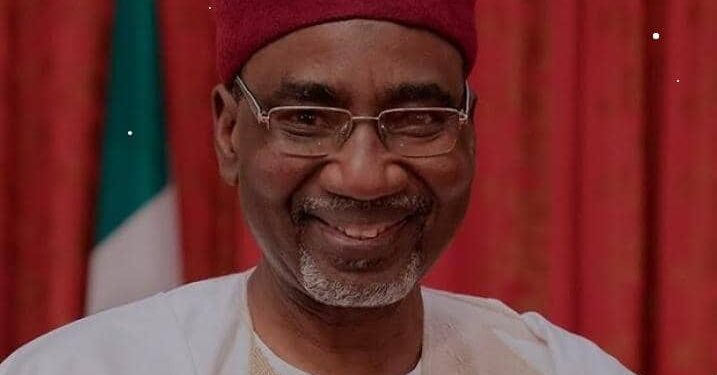Ahmed Rufai Abubakar, the Director-General of the National Intelligence Agency (NIA), has officially tendered his resignation to President Bola Tinubu. This development marks a significant change in the leadership of Nigeria’s premier intelligence agency and has been confirmed by multiple sources close to the State House.
Abubakar’s resignation comes after six years of service as the head of the NIA. Appointed by former President Muhammadu Buhari in 2018, Abubakar initially held the position through an extension that lasted until December 2021. His tenure was notable for various intelligence and security initiatives aimed at strengthening national security.
State House correspondents reported that Abubakar submitted his resignation letter directly to President Tinubu, who has accepted it. The resignation was described by Abubakar as a routine transition, suggesting that it was part of an orderly process rather than an abrupt or contentious departure.
The news of Abubakar’s resignation was also confirmed through a post on the official X account of the Nigerian Television Authority (NTA). The post noted that the resignation was submitted on Saturday, August 24, 2024. This timing aligns with the typical end-of-week pattern for significant administrative changes.
As of the latest updates, the Presidency has not issued an official statement regarding Abubakar’s resignation. The lack of immediate comment suggests that the process is still ongoing, and further details may be forthcoming once the transition is formally completed.
THINGS TO PONDER!
Abubakar’s departure raises questions about the future direction of the NIA and who might be appointed as his successor. The NIA, which plays a critical role in national security and intelligence gathering, will likely see a period of adjustment as the new leadership takes charge.
This development underscores a period of transition within Nigeria’s security apparatus as President Tinubu’s administration continues to evolve. Observers will be keenly watching for announcements regarding the appointment of a new Director-General and any potential changes in the agency’s strategic priorities.





















































